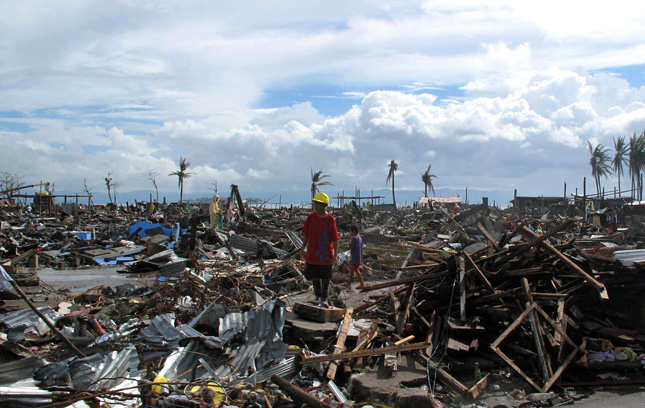-
Jessica F. Green & Thomas N. Hale, Duck of Minerva
Why IR Needs the Environment and the Environment Needs IR
April 13, 2017 By Wilson Center Staff
The state of the global environment is terrible – and deteriorating. The globalization of industrial production and the consumptive habits of 7 billion people have created the Anthropocene, a geologic age in which the actions of humans are the primary determinant of the Earth’s natural systems. This shift creates a profound new form of environmental interdependence, of which climate change is only the most salient example. Other “planetary boundaries” include biodiversity; the nitrogen cycle on which plant life and agriculture depend, fresh water; and the world’s oceans and forests. Human activity is putting all of these systems into a state of crisis. Each of them is essential for economic production and human welfare. One does not have to be a political scientist to infer that the implications for politics are profound, even catastrophic.
What do international relations scholars have to say about these looming political and economic crises? Not much.
In a new study published in PS: Political Science & Politics, we use Teaching and Research in International Policy (TRIP) data to identify and understand what we describe as the “marginalization” of environmental politics in international relations. The results shocked us.
Though IR scholars in the United States see climate change, along with conflict in the Middle East, to be the greatest global threat in the years to come, just seven percent of them describe their primary or even secondary research field as environmental politics. More damning, fewer than two percent of the articles published in the top disciplinary journals (defined by impact factor) are on environmental subjects.
Continue reading on Duck of Minerva.
Sources: Duck of Minerva, PS: Political Science & Politics.
Photo Credit: Damage in Tacloban City, the Philippines, after Typhoon Haiyan, November 2013, courtesy of Henry Donati/UK Department for International Development.
 A Publication of the Stimson Center.
A Publication of the Stimson Center.



